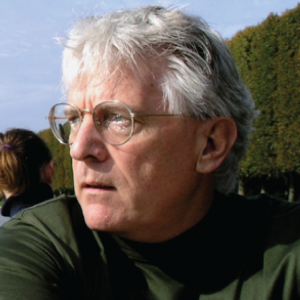Ernie Kee

Ernie Kee has over 40 years of experience in the domestic energy business to include; risk assessment technology, reactor operations, emergency operations, research, performance evaluation, and equipment maintenance. He has developed or held lead roles in the development of commercial scale applications under regulation and has served as a Unit reactor engineer at a large commercial nuclear power station. He earned a Bachelor of Science degree in Mechanical Engineering at the University of Idaho.
Risk assessment experience includes commercial plant applications of quantified risk estimates for nuclear accidents; operations experience includes on-shift industrial and military operations including supervisory and non-supervisory appointments; emergency operations experience includes supporting the technical support center as nuclear engineer at a large commercial nuclear power station; research experience includes experiment design and analysis supporting development and validation of mainframe scale commercial and DOE-sponsored computer simulation software as well personal computer scale applications domestically and abroad; performance evaluation experience includes routine field measurements of plant operating parameters using installed plant instrumentation, plant chemistry data analysis, and special test support for trouble shooting equipment issues; equipment maintenance experience includes trouble shooting, corrective maintenance, and overhaul on United States Navy nuclear submarine mechanical systems.
Mr. Kee currently holds appointments at the University of Illinois at Urbana-Champaign as Research Associate and as Industry Liaison in the SoTeRiA Industry Affiliates Program. As a Professor of the Practice, he has taught undergraduate and graduate courses in probabilistic risk assessment, engineering ethics, and directed studies at Texas A&M University. He has authored or coauthored several publications indexed in the academic literature.
Current interests are developing, verifying, and applying new protective system risk assessment methods in collaboration with academia, industry, and national laboratories. Of particular interest is the connection between risk assessment and economics for protective systems under regulation.